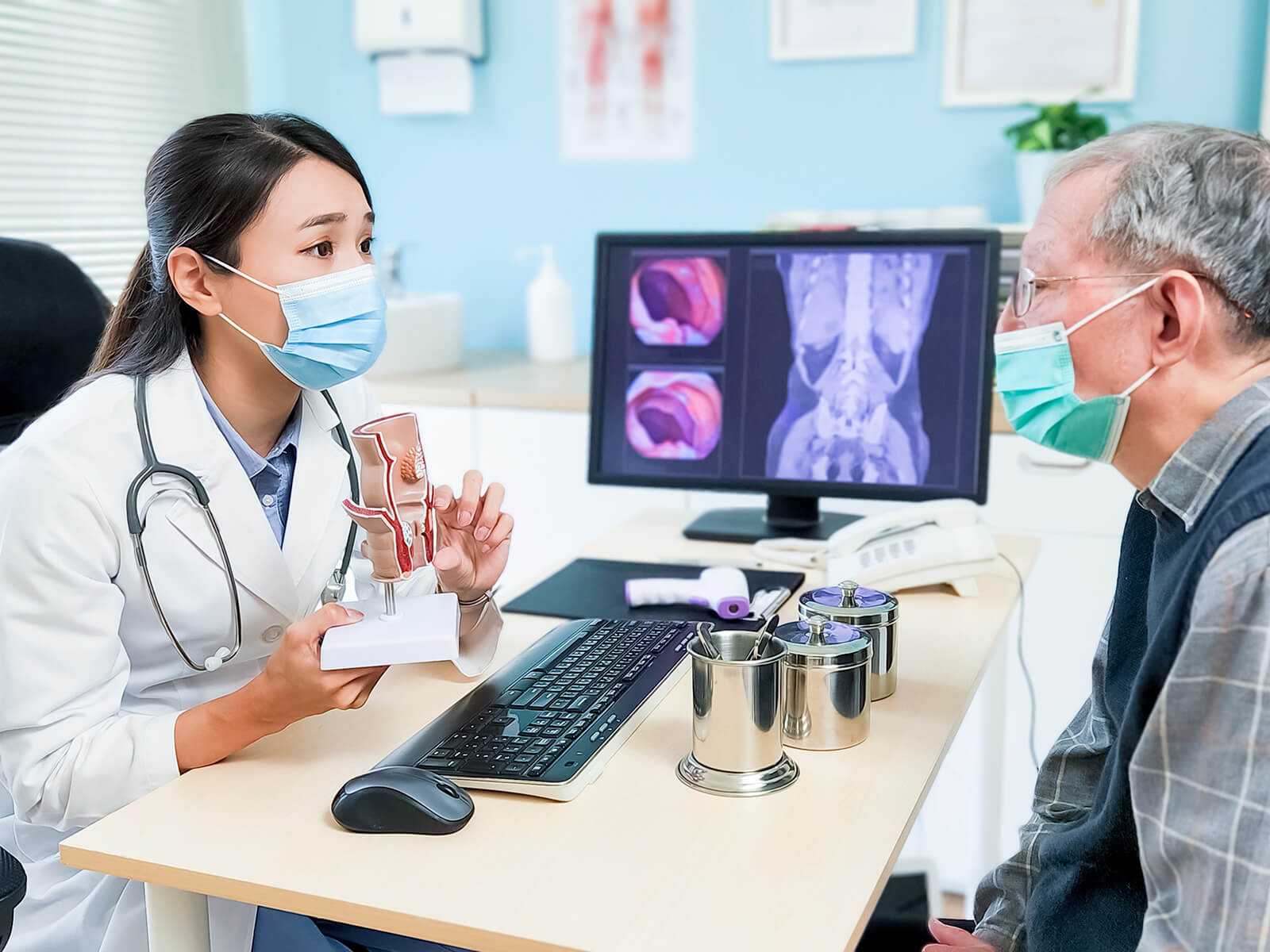
Rectal bleeding implies that the blood is flowing out of the lower tract. You can see bright-red blood in the toilet paper, mixed blood in the stool or black, tarry-coloured bowel movements. Any bleeding even small should be analyzed to know the appropriate solution.
The symptoms may include light spotting to serious bleeding. Look out for:
The causes of rectal bleeding may be different and range both at the minor level and those that are more severe. Common causes include:
Rectal bleeding seems like a heavy burden. In Katy, our board-certified gastroenterologists apply the newest diagnostics-endoscopy, lab work and imaging-to reveal the underlying problem and develop an individual set of treatment that fits you specifically. Mini invasive hemorrhoid banding to IBD management and professional help when it comes to pregnancy or menstruation, our caring staff is by your side all the way. It is better to book an appointment with your doctor when symptoms are still not severe enough so that you could get used to living comfortably again.
We've successfully treated more than 9.5K patients, helping individuals improve their digestive health and overall well-being through expert, personalized care.
With over 20 years of experience, GastroDoxs has been a trusted provider of gastroenterology care, focusing on delivering the best outcomes for patients
During pregnancy, the pressure of pelvic veins and blood flow are increased that is why swollen hemorrhoid or other changes in the vases of the rectal area can occur causing bleeding.
Yes. For mild cases, sitz baths, a high-fiber diet with plenty of water, and over-the-counter creams or suppositories can help soothe irritation and promote healing.
You are required to seek medical attention in the event of excessive bleeding, lasting beyond several days and is accompanied with a lot of pain, fever, dizziness, or bowel changes.
Common codes include K62.5 for bleeding hemorrhoids and K92.1 for unspecified rectal bleeding. Your physician will select the appropriate code after evaluation.
Absolutely. Diet: high fiber (fruits, vegetables, whole grains) and sufficient intake fluid makes the stool soft, eliminates straining, and/or cures or fixes bleeding.
Sometimes. Hormonal changes and increased pelvic pressure during menstruation can aggravate hemorrhoids or fissures, leading to rectal bleeding.
This is also depending on the cause and can be treated using rubber band ligation of hemorrhoids, topical agents on fissures, antimicrobials against infection, or through minimally invasive intervention of polyps.
Initial care involves warm sitz baths, stool softeners, and topical ointments. If the fissure doesn't heal, a minor surgical procedure may be recommended.
Yes. A colonoscopy can be recommended in most instances to determine the location of the bleeding, activity of the colon lining and direct treatment without any considerable additional risk.
Book an appointment with the board-certified gastroenterologists of GastroDoxs in Katy by calling or by going to our site. We are experts in the treatment and diagnosis of any type of rectal bleeding.